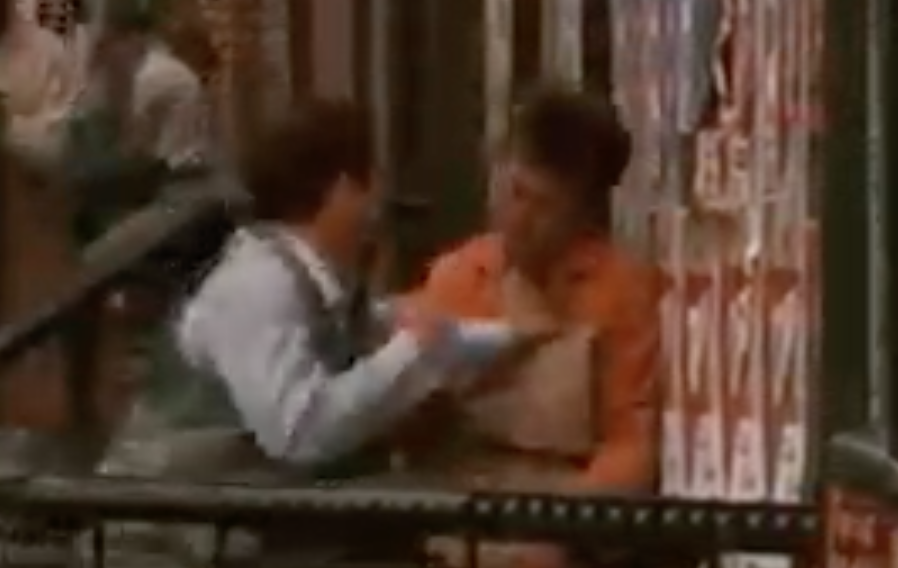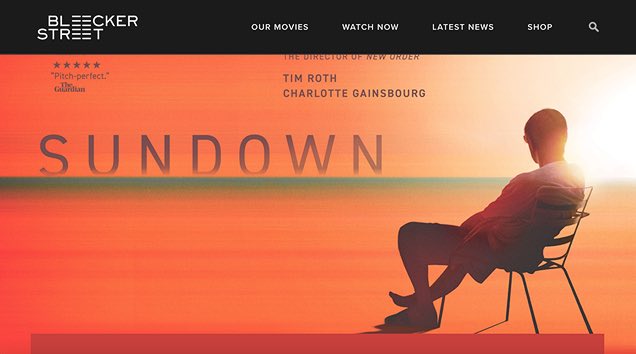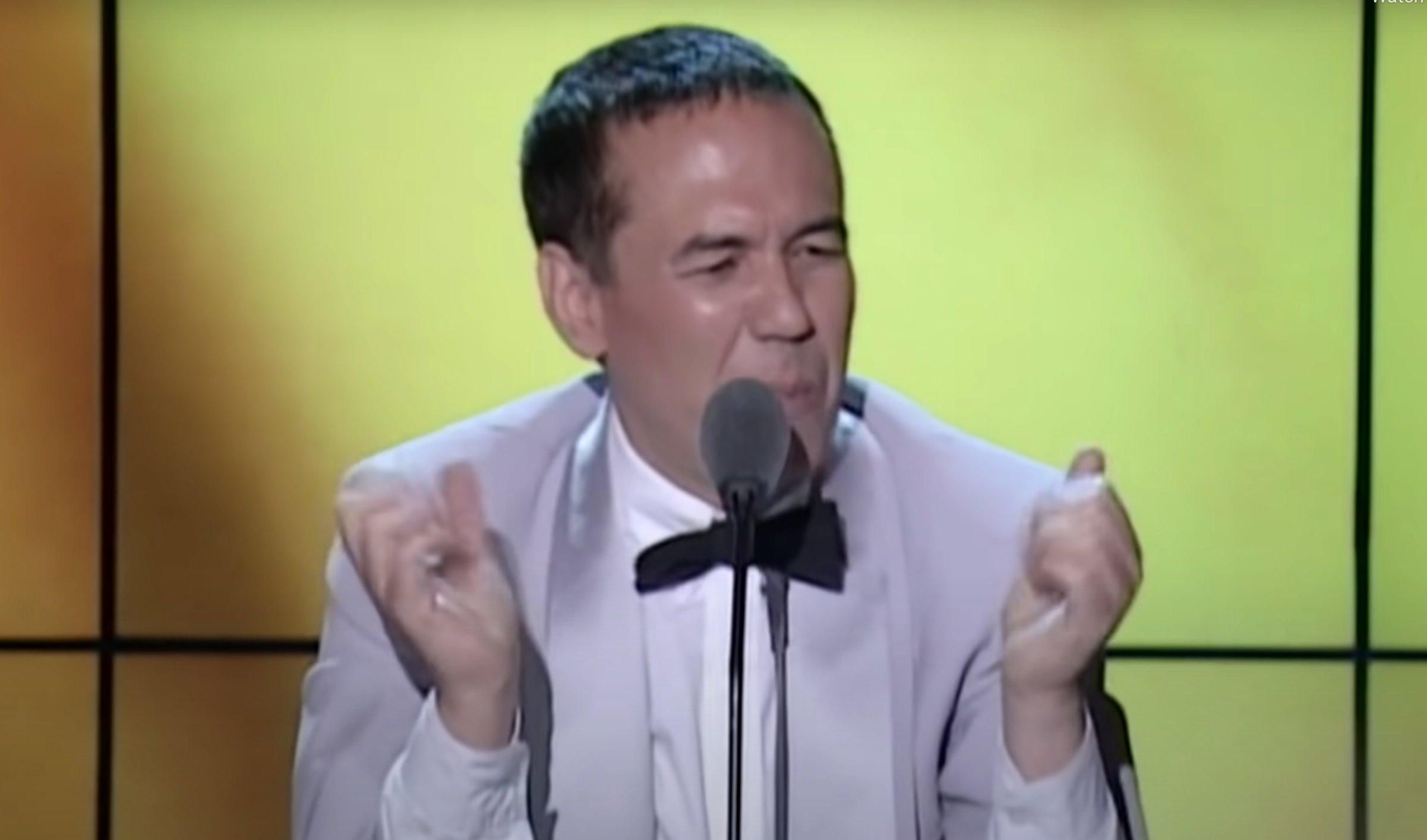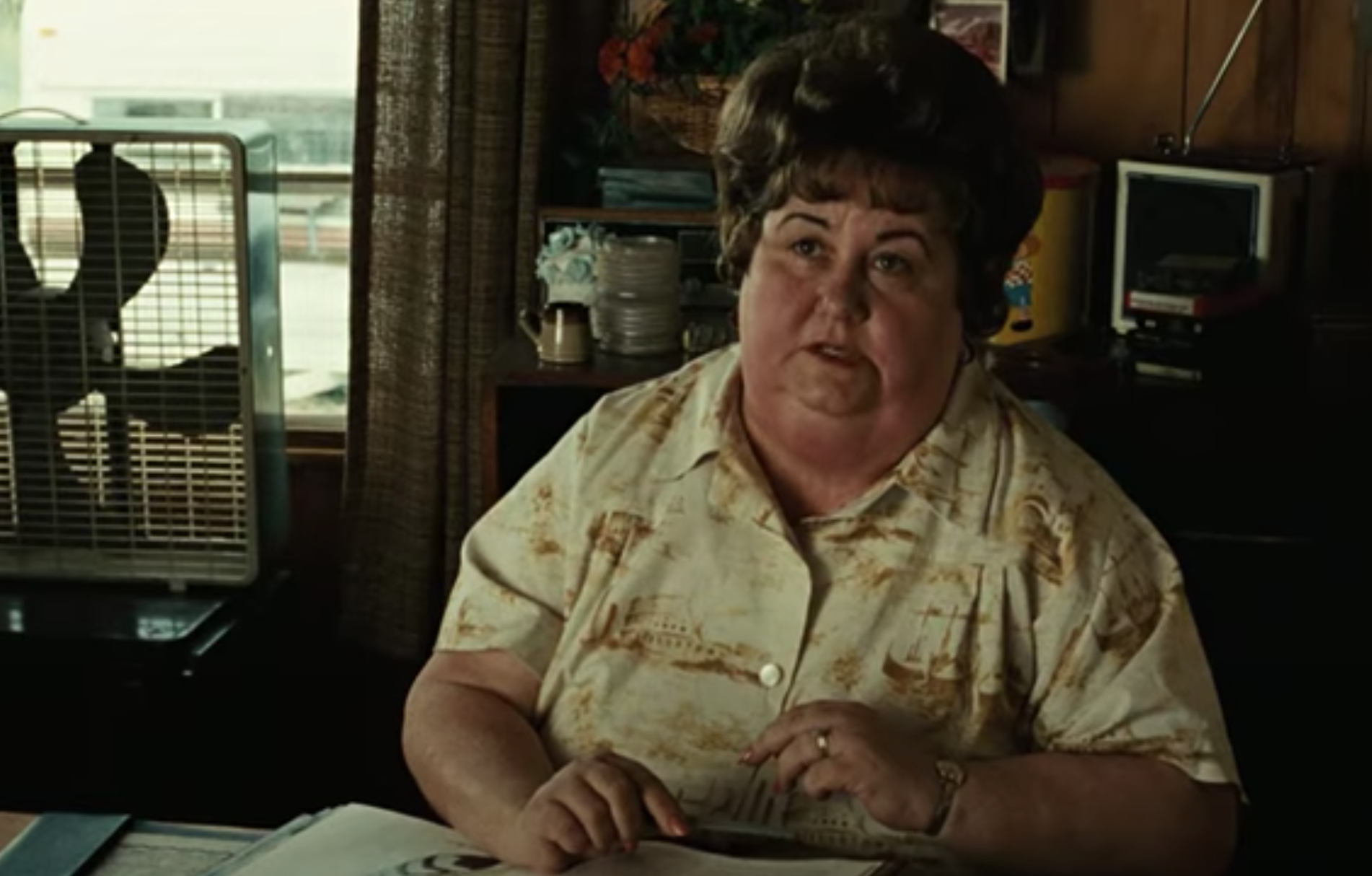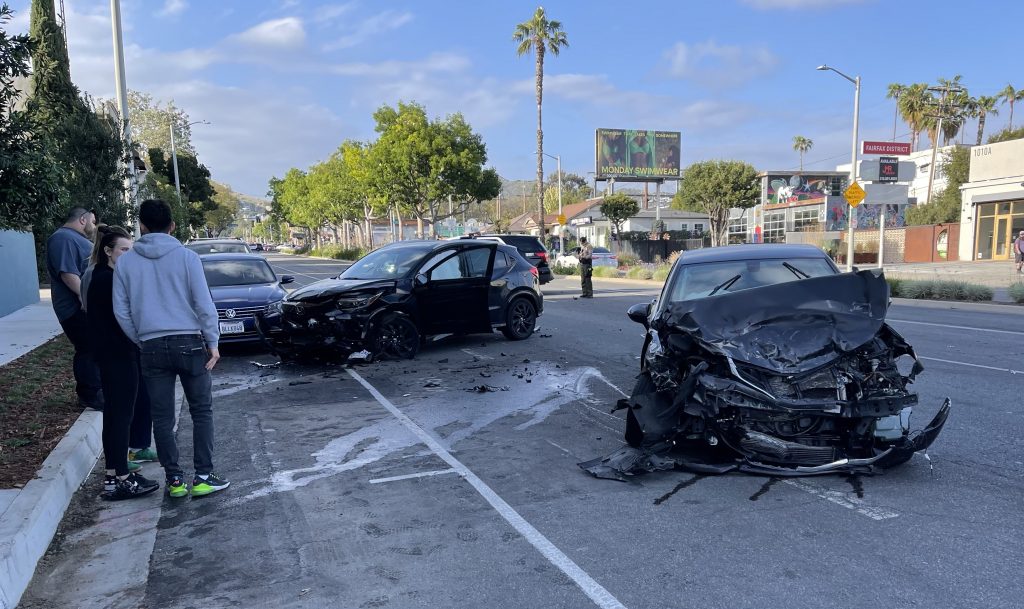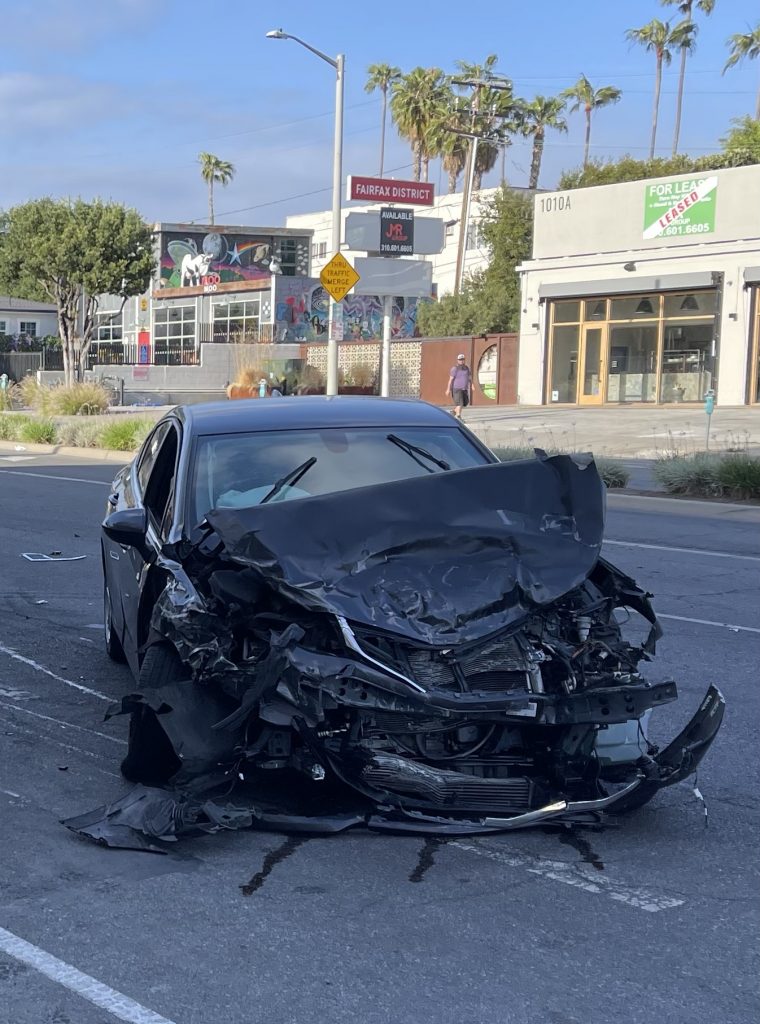I haven’t changed my mind about wanting some saint of vengeance to murder Vladimir Putin.
Are you telling me that some sort of totally independent, non-aligned, soldier-of-fortune mercenary team couldn’t be contracted to somehow “get” Putin through some kind of subterfuge? That it’s utterly impossible? I’m talking about the kind of mercenaries that Warren Zevon used to sing about.
Putin shot or stabbed or blown to shards is the only sure-fire way to end the Ukrainian slaughter. So many thousands of people want God to step in and spill his blood and for the dogs to lick it off the floor.
If this was a movie, somebody would get him somehow. The assassins (it would have to be a team) need to be phantoms — people with no ties or alignments or driver’s licenses or email addresses.

From Owen Gleiberman‘s “Ukraine Needs a Lot of Things, but Sean Penn’s Drama Isn’t One of Them“, posted earlier today:
“I don’t want to see Sean Penn, no matter how valiant his efforts at humanitarian relief have been, advocating for policies that could lead us closer to a nuclear conflict, all because it makes him feel like he’s seizing the day.
“Penn, to demonstrate his ability to rise above America’s ideological fractures, made a point of going on Sean Hannity’s Fox News show, even though he admitted he didn’t trust Hannity.
“No one wants to see a nuclear conflict,” he told the right-wing host. “At the same time, if only one bully is going to be able to use those weapons as a threat, we gotta rethink what we’re doing.”
“It sounds [like] Penn has a jones for speaking in terms of escalation, because that’s the strategy that best expresses the fervor of his commitment. Hannity, who Penn is right not to trust, started going on about how Democrats start wars (like Vietnam and Afghanistan) that they don’t have the stomach to finish. He talked about drones, Stinger missiles, MiGs. ‘Fight the war to win it,’ said Hannity. ‘We agree,’ said Penn.
“The actor added, in reference to Putin, ‘If there is a God, there will be vengeance beyond all possible comprehension.’ I don’t doubt Sean Penn’s commitment, but if he wants to keep making public statements about the war in Ukraine, maybe he should think about sounding a little less like he’s in a movie.”
 .
.

